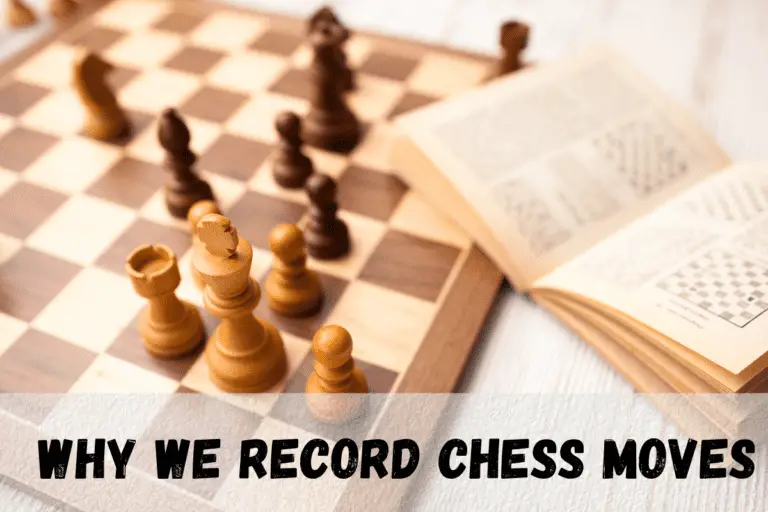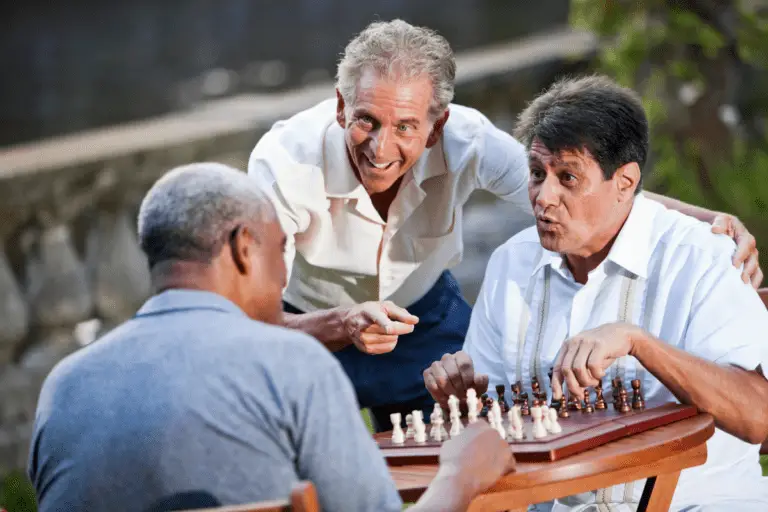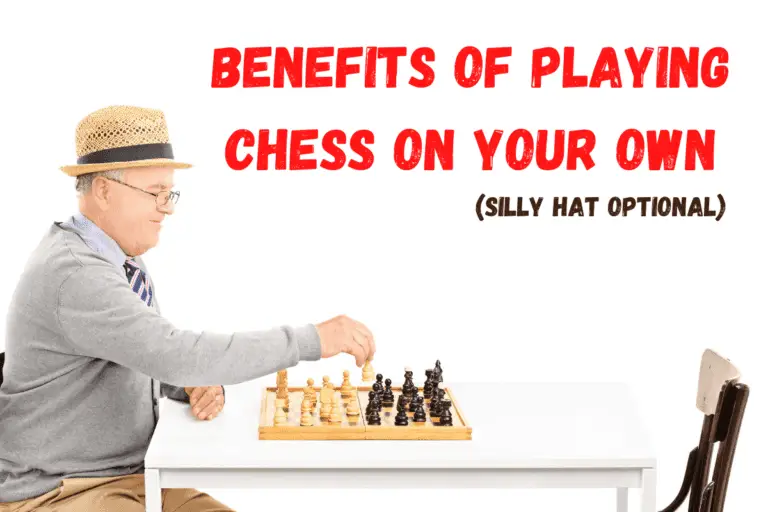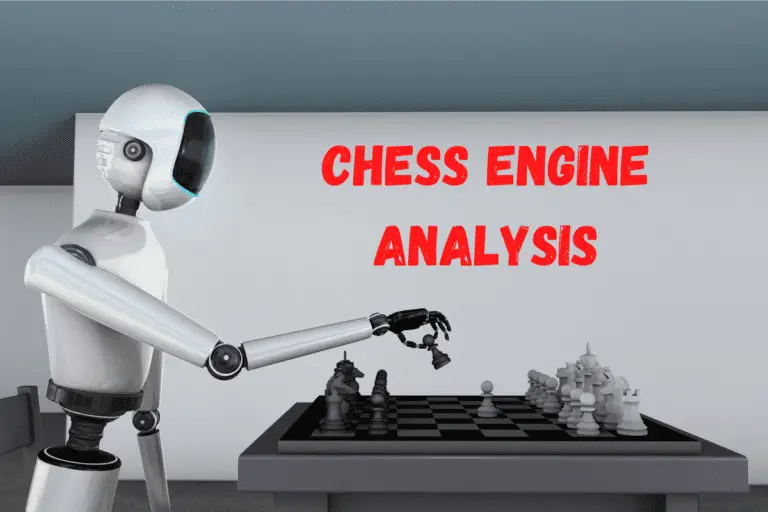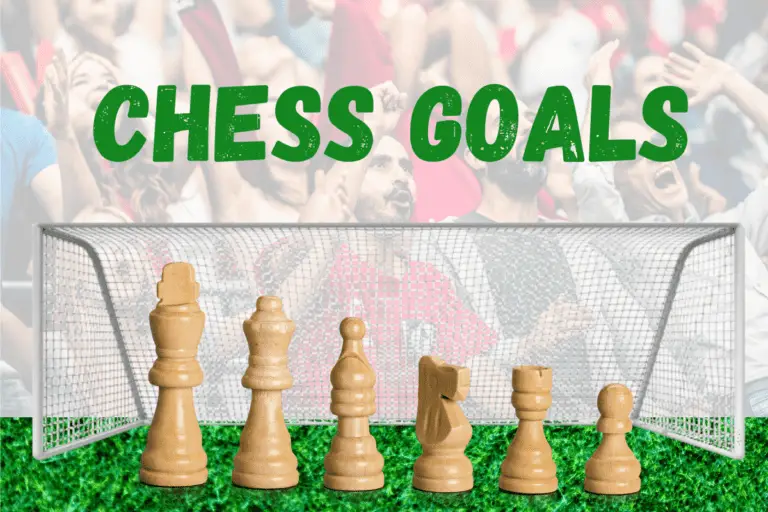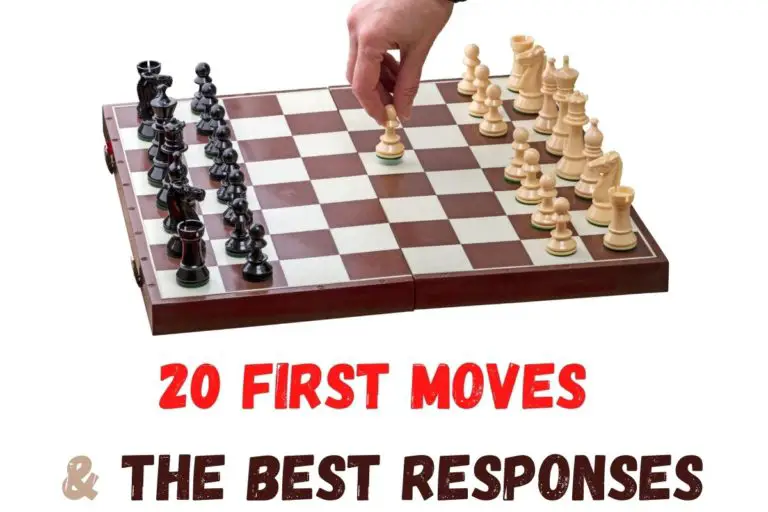Can You Pass in Chess? (Why You Can’t, Waiting Moves & Zugzwang)
⭐⭐⭐ Take 3 minutes to read and improve your chess game ➡️ : This article was first published on, and is Copyright of Chessquestions.com
You are playing a game of chess, your opponent has made a move a move and no matter how you look at the board you can not consider what would be the best next move to make. Can you pass your turn and ask your opponent to play again?
There is no option to pass a turn in a game of chess. Once your opponent has made a move, unless you find yourself with no legal move to make, which is a stalemate and therefore draw result, you have no option to take a turn and make a move of one of your pieces.
Read on to find out why this rule exists, or indeed, in a more sensible response, why a rule whereby you can pass does not exist.
Why Can you Not Pass Your Turn in Chess?
If you were able to pass in the game of chess there would be no stalemate rule. Stalemate occurs when a player can make no legal moves, the result of which is a drawn game.
Now imagine if you were able to ‘pass’ on your turn. The game would not end in a stalemate and could potentially go on forever. It would make no sense.
Imagine just three pieces left on the board, the block king on the back rank on c8, the white pawn on c7, and the white king on d6.
This is plainly a winning position for white and just a couple of moves away from checkmate. The Black king has the option of just one move, b7. White then protects the pawn by playing kd7, and the pawn promotion can not be avoided and white wins.
However, if Black were able to ‘pass’ his turn, the game is turned on it’ head somewhat. Black gains a huge advantage, the only way white can protect the pawn is Kc6, but that results the match with a stalemate, so with the pawn blocked, White only has the option of moving the king to a position that does not protect the pawn and therefore it is lost and there and the draw is gained as there is no winner with just two kings on the board.
How about this for another scenario, you pass on your turn, your opponent passes on their turn, you are in the same position. Do you pass again? I think this example delivers proof of how daft an idea this really is.
Make a Waiting Move Instead
This is not to say that ‘passing’ is not entirely possible, but not in the way that we imagine when using the term ‘pass’.
Consider making a move that has as little effect as technically possible in the game, and you have something as close as you can get to missing a turn.
It is like calling in a game of poker when you know you have a great hand but want to see if another player wants to join the party.
You may not be clear on the intention of your opponent across the chessboard and therefore feel more comfortable with them playing their hand first with a move. You can play a waiting move that neither provides insight into your direct tactical plans, not places those plans into danger.
At the very highest level, every move that you make is important, but if you can find a waiting move that does not put you at any disadvantage, it could be a great way of bringing your opponent into the open, and work almost as well and ‘passing your turn’ could.
A quick note, we are not talking about the En Passant Rule in Chess here, that is something quite different, so if you have heard that term and are not quite sure what it is, read the full guide to En Passant in Chess here on ChessQuestions.com
ZugZwang
If you get to a point in a game of chess where you would prefer to make a ‘pass’ and hand the move back to your opponent, it is very likely you are in a ‘Zugzwang’ position.
It is a German term. If you play chess, the one thing you want to avoid is German terms, especially this one.
Zugzwang is when you are in a position where you are obligated to one or two different moves that are only going to leave you in a worse position than you already find yourself.
It is a point in a game where a ‘pass’ rule would come in very handy. Zugzwang is generally found in end games, middle games less so, but you can arguably be forced into bad positions when trying to protect pieces in the middle game. These moves are generally based around sacrificial exchanges, however. Not move compulsion otherwise known as Zugzwang.

